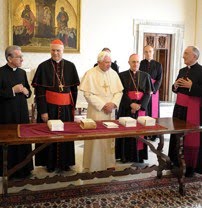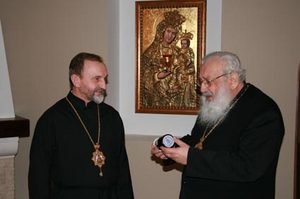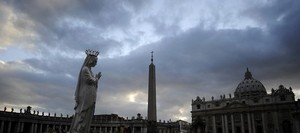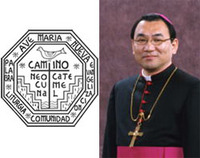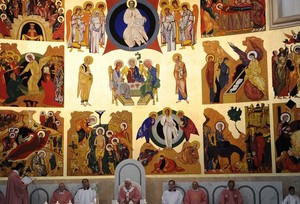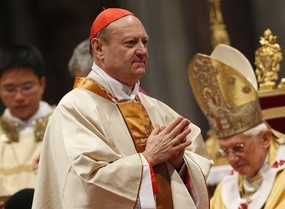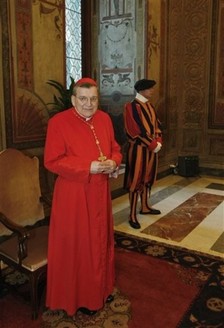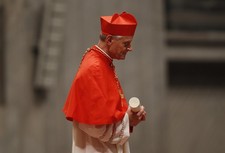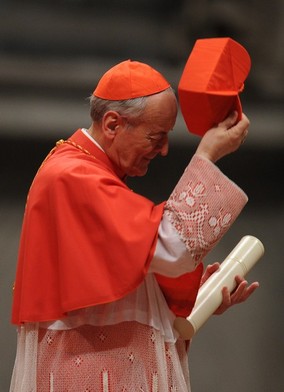On February 19th,
the Cardinal Secretary of State, His Eminence, Tarcisio Cardinal Bertone SDB
and Archbishop Fernando Filoni, the assistant for General Affairs, presented
the Holy Father the 2011 Annuario Pontificio. The Annuario is the pontifical
yearbook with everything you want to know and more. Highlights in this edition:
In 2010, the
Pope erected 10 new episcopal sees, 1 apostolic exarchate and 1 apostolic
vicariate. One diocese was elevated to the rank of metropolitan see, two
prelatures to the rank of diocese, and two apostolic prefectures and one
apostolic administration to the rank of apostolic vicariates.
The world’s Catholics
increased from nearly 1,166 million in 2008 to 1,181 million in 2009, an
increase of fifteen million faithful which corresponds to a growth of 1.3%.
The distribution
of Catholics among the continents. Between 2008 and 2009:
Continue reading By the numebrs: Catholic grow and diminishment around the world
